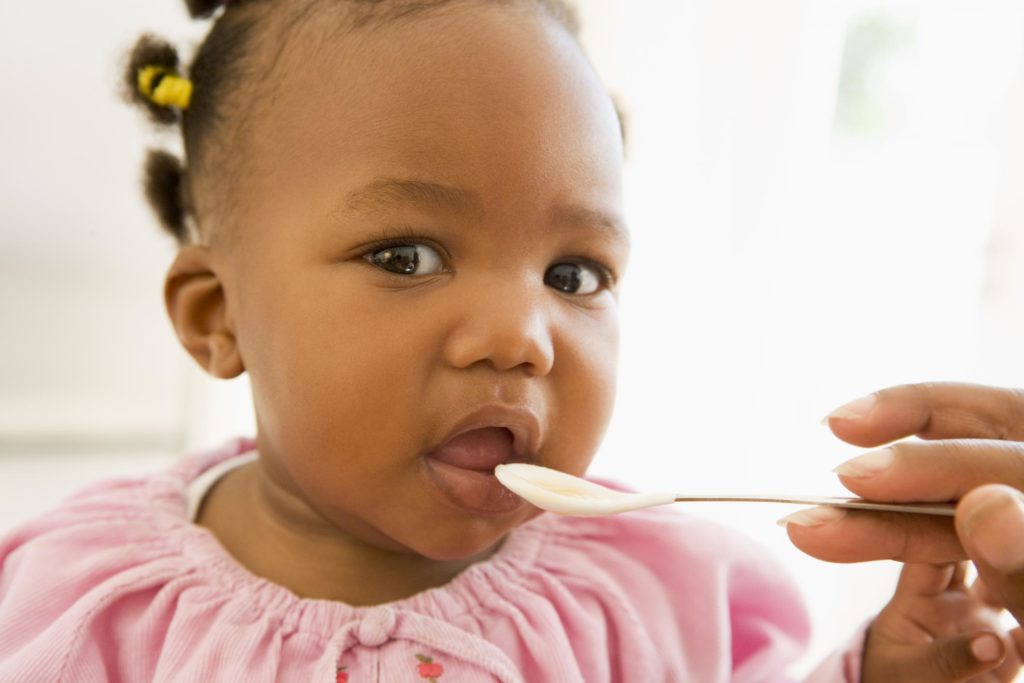
Children’s Medicines
For some childhood illnesses medicines aren’t always needed. Most illnesses get better by themselves using therapies that do not involve medicines.
Ibuprofen and Paracetamol are often used to relieve the discomfort caused by a high temperature or pain. Both Paracetamol and Ibuprofen are safe and effective. It is recommended to have one or both stored in a safe place at home.
To children under 16 don’t give Aspirin unless a doctor specifically prescribes it because it has been linked with a rare but dangerous illness, called Reye’s Syndrome.
Always read and follow the directions on the label carefully, but if you are not sure check with your pharmacist or doctor. Make sure you’ve got the right strength for your child’s age and weight as overdosing can be dangerous.
Paracetamol
If you’re breastfeeding ask your doctor or midwife for advice before taking Paracetamol. It can be given to children over two months for pain and symptoms of fever.
Ibuprofen
Ibuprofen can be given for pain and symptoms of fever in children of three months and over who weigh more than 5kg. Some children, for example, those with asthma, may not be able to take Ibuprofen, so check it with your pharmacist or doctor.

Antibiotics
To manage common self-limiting infections such as a simple cold child don’t often need antibiotics. Viruses cause most childhood infections, and antibiotics only treat illnesses caused by bacteria, not viruses.
Always finish the whole course, if your child is prescribed antibiotics, to make sure all the bacteria are killed off. After two or three days, your child may seem better, but if the course is five days, they must carry on taking the medicine. If you don’t finish all the antibiotics the illness is more likely to return.
If you buy medicines at the pharmacy:
Only give your child medicine given to you by your doctor, pharmacist or usual healthcare professional. Never use medicines prescribed for anyone else.
Some medicines are for adult use only; always tell the pharmacist how old your child is.
Always follow the instructions on the label or ask the pharmacist if you’re unsure.
Ask for sugar-free medicines if they’re available.
Always look for the date stamp, don’t use out-of-date medicines. If you have any out-of-date medicines at home take them back to the pharmacy for safe disposal.
Keep all medicines out of your child’s sight and out of reach if possible. The good place to keep medicines is a kitchen, as it’s easy for you to keep an eye on them there. Put them in a place where they won’t get warm.
Bad reactions
If you think your child is reacting badly to a medicine, for example with a rash or diarrhea, stop giving it to them and speak to a health professional. Ask your pharmacist for advice. Keep a note of the name of the medicine in your child’s Health Record so you can avoid it in future.
